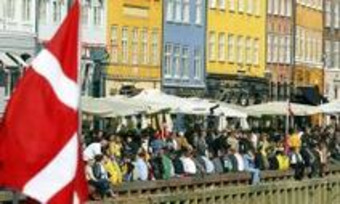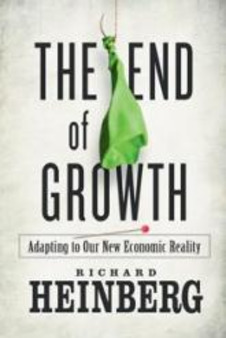A few years ago, in a survey conducted by an accident prevention charity, 80% of respondents admitted to going through life on autopilot: arriving at the end of a car journey with no memory of driving there, buying the same item twice without realising, even turning up at the office on a day off. The other 20% must have been lying or deluded. (Or just answering the survey on autopilot, perhaps?) To an unnerving extent – made clearer by ongoing research – we're all creatures of habit, spending our days acting out ingrained behaviours and responses over which we exert no control. This has many advantages: if our brains weren't built to convert as many actions as possible into automatic routines, we would seize up trying to breathe or walk, let alone drive a car. But it's also frightening. Treading the well-worn paths of habit, we easily get mired in jobs, relationships or ways of thinking that make us miserable, in lives we'd never have consciously chosen. "Here you are, here we all are, semi-automated creatures in our tram-track worlds, running through the paths of least resistance," as Vincent Deary puts it, in one of two new books on how we get stuck – and on finding the will to forge new paths when life demands it.
Research and publish the best content.
Get Started for FREE
Sign up with Facebook Sign up with X
I don't have a Facebook or a X account
Already have an account: Login
Not TINA (There Is No Alternative) but TAPAS: THERE ARE PLENTY OF ALTERNATIVES
Curated by
jean lievens
 Your new post is loading... Your new post is loading...
|

Curated by jean lievens
Economist, specialized in political economy and peer-to-peer dynamics; core member of the P2P Foundation
Other Topics

Anders en beter
Met P2P voorbij markt en staat: voor een progressieve coalitie rond de commons. Met nieuws over op p2p gebaseerde praktijken en hoe de overheid, de politiek en de zakenwereld ermee (kunnen) omgaan...

money money money
on money and what it is

music-all
From the Great White Way to the West-End and beyond

Peer2Politics
on peer-to-peer dynamics in politics, the economy and organizations

real utopias
Not TINA (There Is No Alternative) but TAPAS: THERE ARE PLENTY OF ALTERNATIVES
|
















